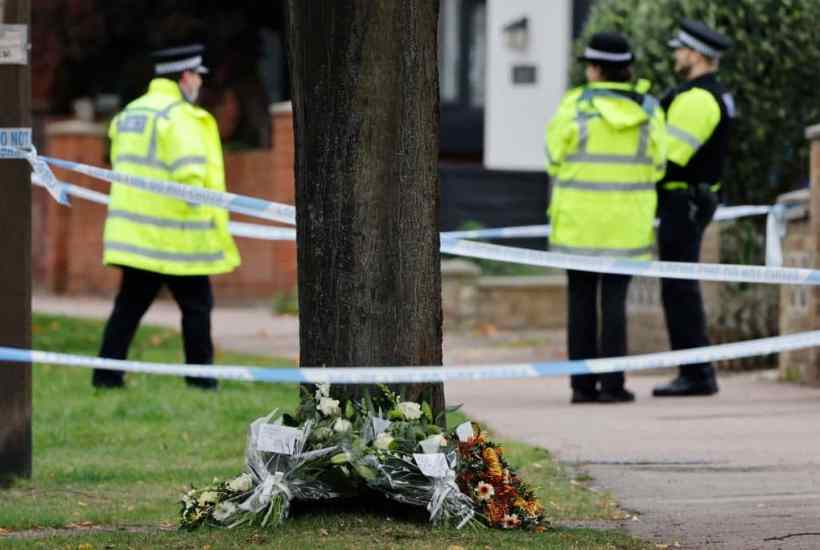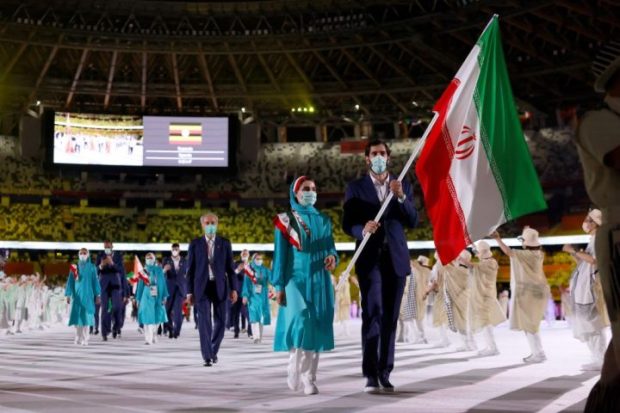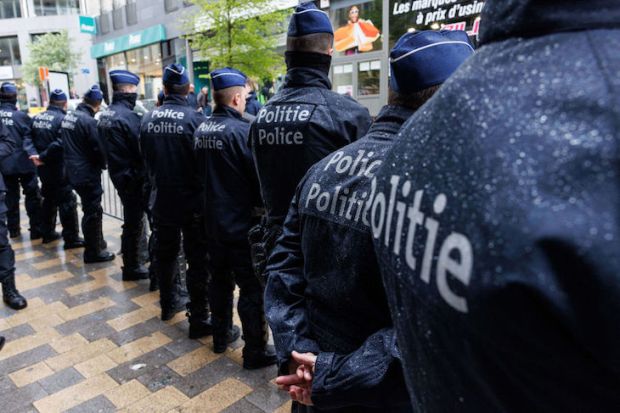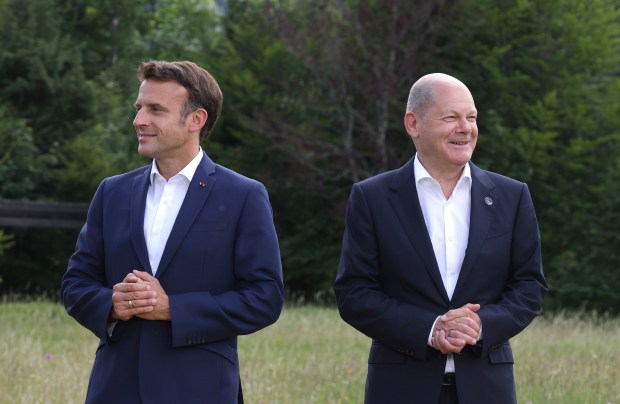In the summer of 2020 the French Senate published a report on the ‘Development of Islamist Radicalisation and the means of combatting it.’ It was a wide-ranging review which included contributions from academics, writers, Muslim associations and politicians. Among those interviewed by the commission were the ex-security advisor Alexandre del Valle, Zineb El Rhazoui, a former columnist for Charlie Hebdo and Hugo Micheron, a doctor in political science, and the author of a 2020 book entitled The French Jihadism.
The French Jihadism should be required reading for anyone who wants to understand the nature of the threat posed by Islamic extremism – not just in France but across the West. Micheron interviewed 80 jihadists serving time for terror offences in French prisons. In most cases they explained their journey from disenchantment or delinquency to Islamism, and how it gave them purpose, motivation and fellowship. Above all, it imbued in the jihadists a hatred of western Society, a contempt shared by British, Belgian, Norwegian and all European extremists.
When Micheron was interviewed by the Senate he talked about Mohamed Merah, who in 2012 carried out the first deadly Islamist terror attack in France for 17 years. He shot dead seven people, including three Jewish children in a Toulouse school-yard, before he was killed in a shoot-out. ‘The police considered him, wrongly, as a lone wolf, but rather he was the product of ten years of Salafisation in the suburbs of Toulouse,’ Micheron explained to the Senate. ‘Merah was not a lone wolf: his act was perfectly understood by other Salafists, without links to Toulouse, like Larossi Abballa.’ In 2016 Abballa stabbed to death a couple in front of their three-year-old son in a Parisian suburb.
Micheron’s remarks were echoed by another expert, the author and Sorbonne professor Bernard Rougier, who told the Senate:
‘Mohammed Merah is often portrayed, incorrectly, as a lone wolf. That is to forget that he is the product of local socialisation. Case studies have shown the central role of this socialisation and the determination of some religious leaders to speak in the name of Islam.’
The foreword to Micheron’s book was written by Gilles Kepel, France’s leading authority on Islamism, whose first book on the subject, The Banlieues of Islam: birth of a religion in France, was published in 1987.
Shortly after the twin attacks on Charlie Hebdo and a Jewish supermarket in January 2015, he was asked if the perpetrators were lone wolves. ‘The lone wolf theory is an idiocy,’ he retorted. ‘It’s deployed by pseudo-academics and journalists who follow the news but who don’t study and don’t know the reality of the [Islamic] texts and the actions of the jihadists. It’s a pure fantasy that has never existed. There are individuals who act alone or in pairs but they are part of a network, they have been inspired.’
For a decade France has been on the frontline of the Islamist war on Europe, and for that reason it has a more profound understanding of the scale of the challenge. They have learned that the lone wolf narrative is convenient but delusional; that only the eradication of the ecosystems that nurture the likes of Mohamed Merah, Larossi Abballa and Abdoullakh Anzorov, the teenager killer of the schoolteacher Samuel Paty, will bring the barbarism to an end.
Britain is a significant way behind France in its comprehension of Islamic extremism, and the appalling death of Sir David Amess may reveal yet again the inability – or the unwillingness – to confront this grim reality. The newspapers this morning are full of ‘lone wolf’ descriptions. The ‘UK faces wave of “lone wolf terror attacks from bedroom radicals”’ is just one such headline.
Many in Britain can no longer bring themselves to even utter the word ‘Islam’ so, to paraphrase Kepel, they deploy idiocy. France has now armed itself intellectually for the fight, but Britain is still running scared.
Got something to add? Join the discussion and comment below.
Get 10 issues for just $10
Subscribe to The Spectator Australia today for the next 10 magazine issues, plus full online access, for just $10.





















Comments
Don't miss out
Join the conversation with other Spectator Australia readers. Subscribe to leave a comment.
SUBSCRIBEAlready a subscriber? Log in